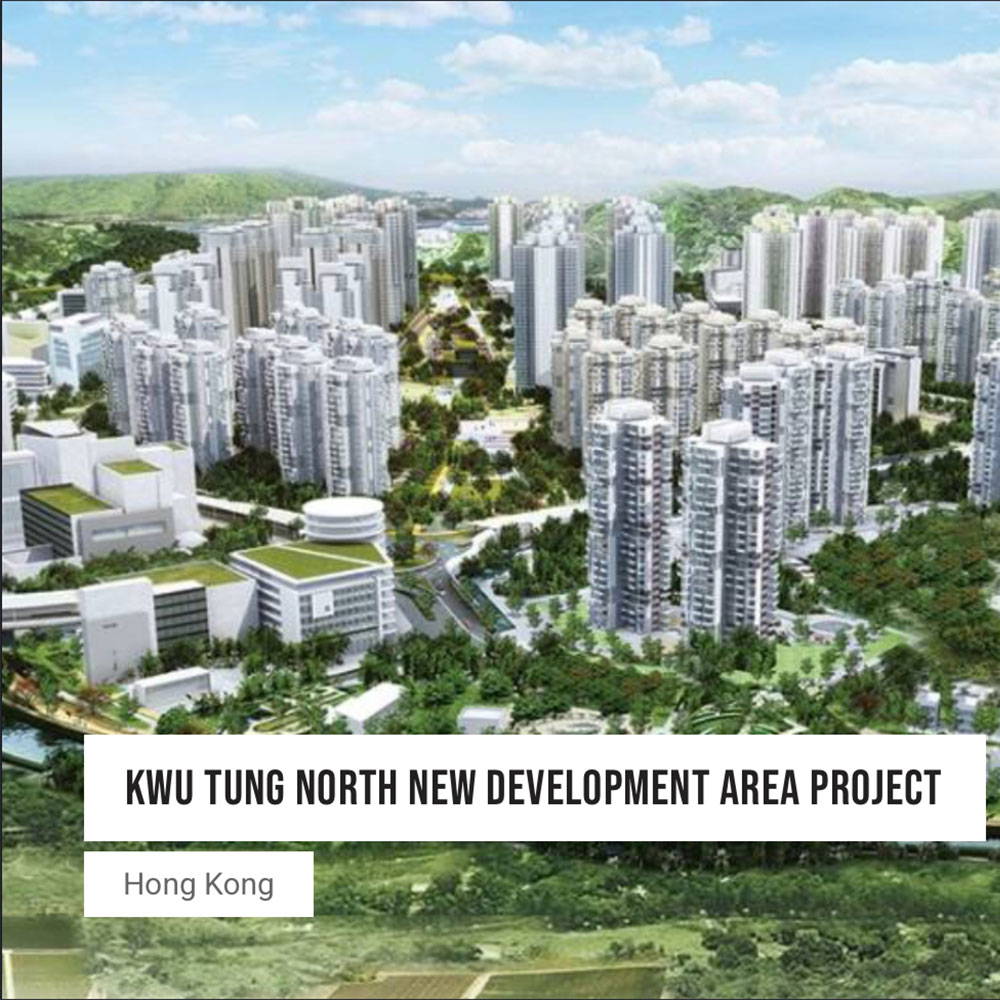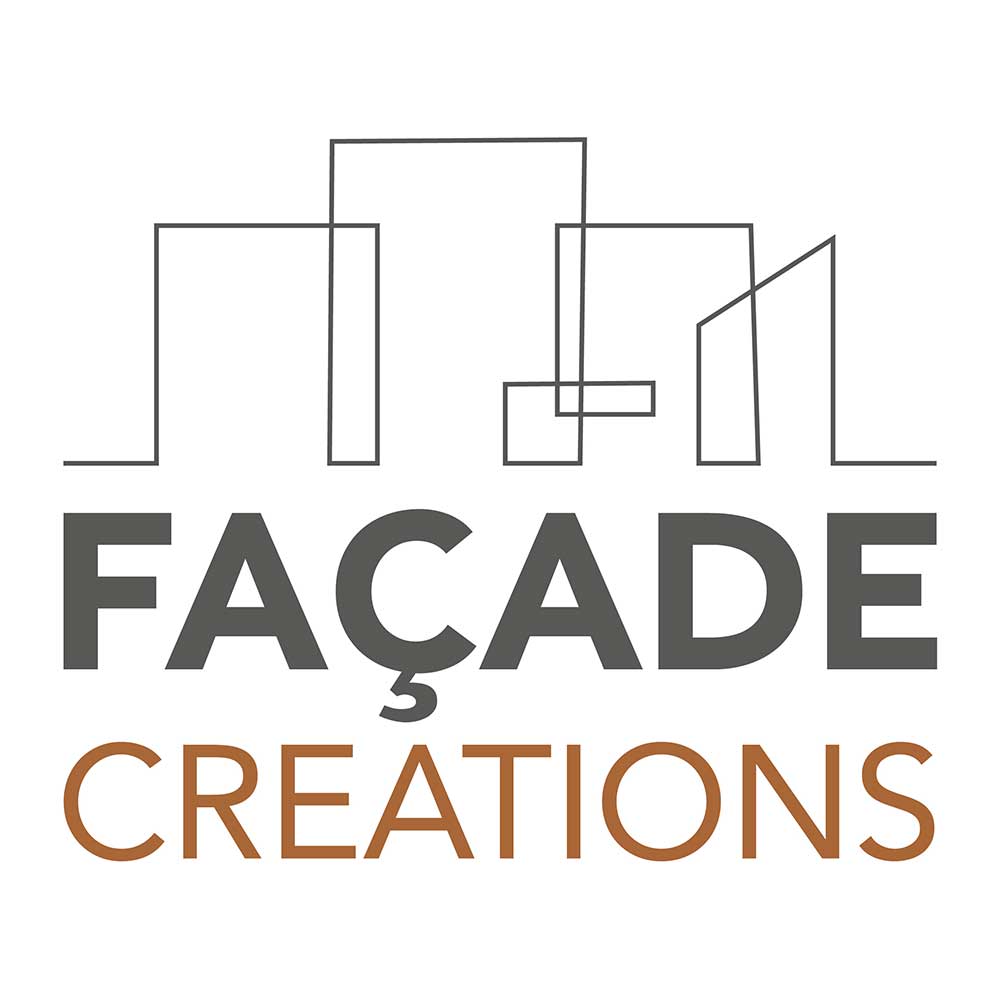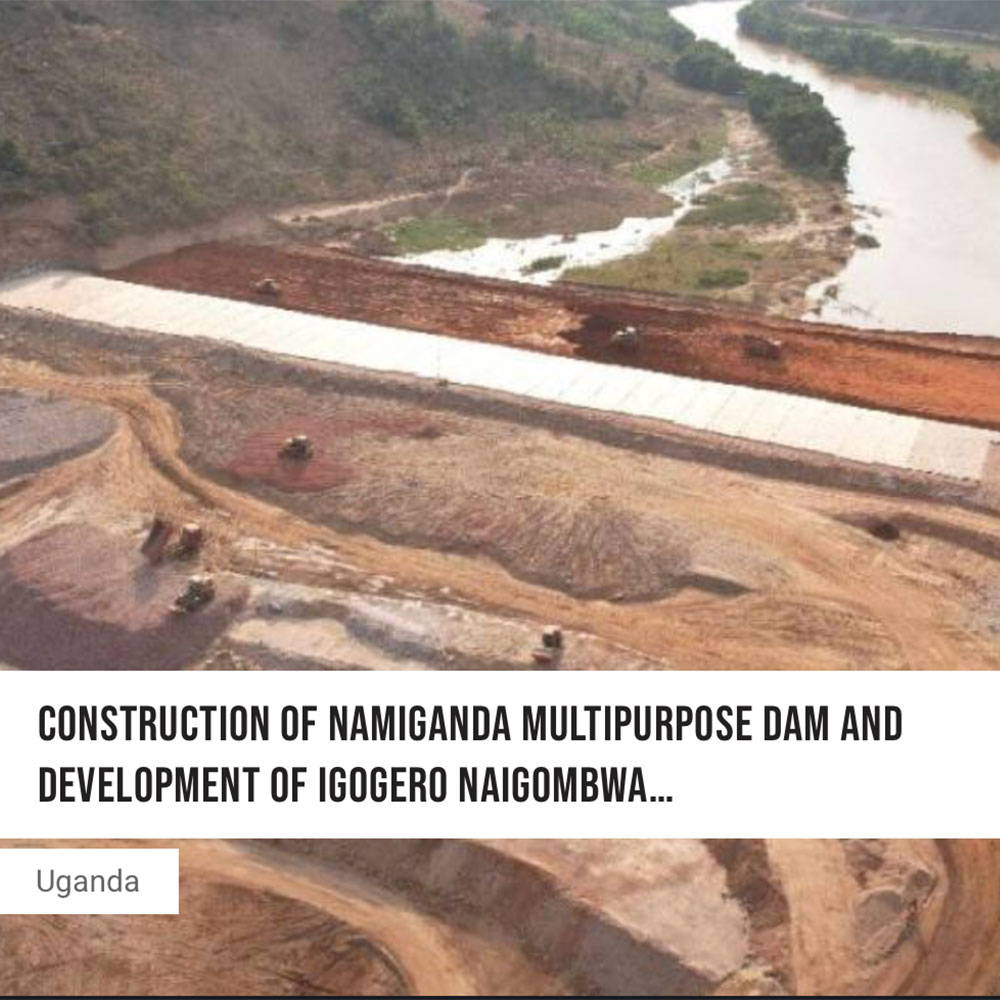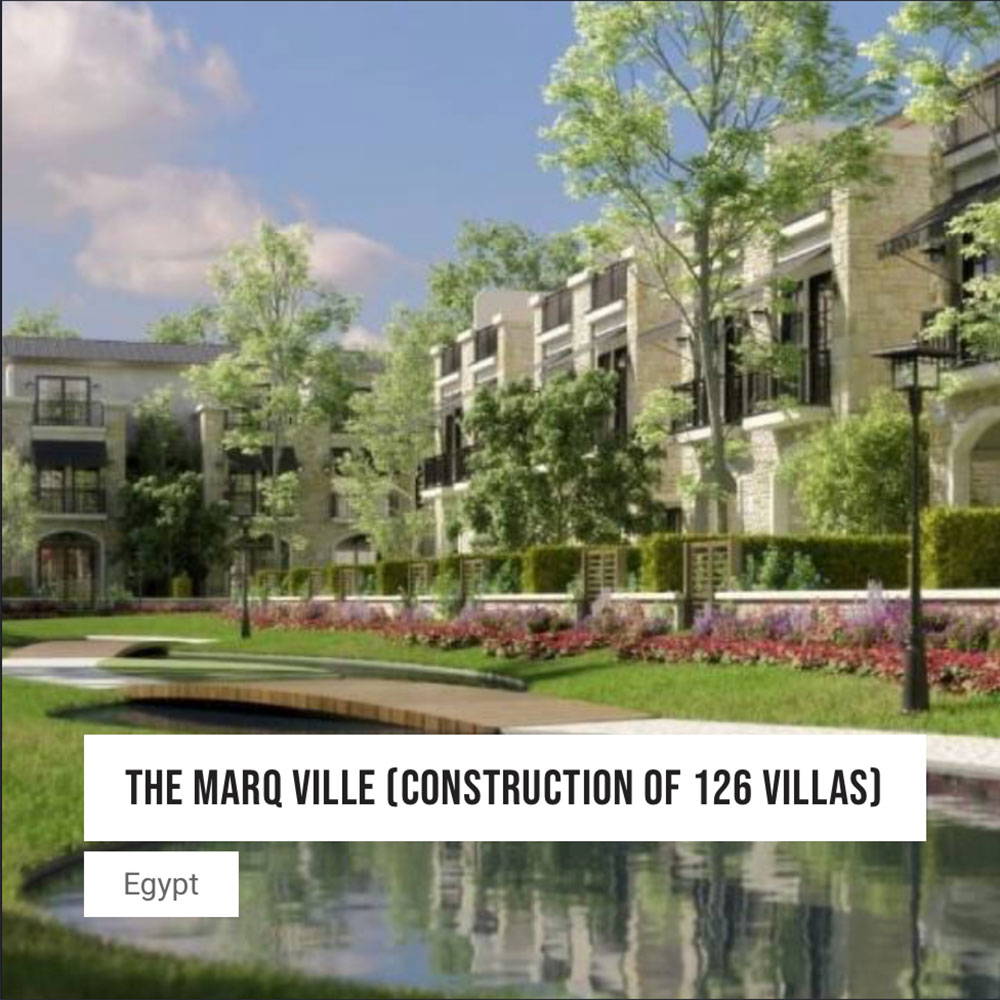Adjudication is a fast-track dispute resolution process designed to provide a fair and impartial decision on construction-related disputes. Governed by the Housing Grants, Construction and Regeneration Act 1996 (as amended), adjudication offers a legally binding resolution within a short timeframe, helping to minimise project disruptions and financial uncertainty.
Understanding Adjudication in Construction
Adjudication is a statutory right in the UK construction industry, allowing parties to resolve disputes without lengthy litigation or arbitration. It is particularly useful for disputes relating to:
- Payment disagreements – Unpaid invoices, delayed payments, or valuation disputes.
- Defects and quality issues – Concerns over materials, workmanship, or contract non-compliance.
- Delays and extensions of time – Disagreements regarding project timelines and responsibility for delays.
- Contractual interpretations – Differing views on contract terms, obligations, and liabilities.
The Adjudication Process
Adjudication follows a strict timeline, ensuring disputes are resolved quickly. The key steps include:
1. Notice of Adjudication
The referring party issues a formal Notice of Adjudication outlining the dispute, the relief sought, and the relevant contractual terms.
2. Appointment of an Adjudicator
An adjudicator is appointed within seven days, either agreed upon by both parties or selected by a nominating body such as the Royal Institution of Chartered Surveyors (RICS) or the Chartered Institute of Arbitrators (CIArb).
3. Referral Notice Submission
Within seven days of the Notice of Adjudication, the referring party submits a Referral Notice detailing the case, supporting evidence, and legal arguments.
4. Response from the Responding Party
The responding party provides a formal Response, addressing the claims and presenting counterarguments. Further submissions may be permitted at the adjudicator’s discretion.
5. Adjudicator’s Decision
The adjudicator reviews the evidence and issues a legally binding decision within 28 days (extendable by agreement). The decision is enforceable in court if necessary.
Benefits of Adjudication
Adjudication offers several advantages over traditional litigation:
- Speed – Resolutions typically occur within 28 days, reducing costly project delays.
- Cost-Effective – Less expensive than court proceedings or arbitration.
- Legally Binding – Decisions must be complied with, ensuring enforceability.
- Confidential – Unlike court cases, adjudication proceedings are private, protecting business relationships.
- Flexibility – Allows parties to continue working while the dispute is resolved.
How Façade Creations Can Help
We assist clients in navigating adjudication by:
- Reviewing contracts and dispute clauses to assess potential risks and prepare strong cases.
- Providing expert evidence and technical analysis on façade-related disputes.
- Liaising with legal teams and adjudicators to ensure a structured and well-supported claim.
- Supporting resolution strategies to achieve fair and commercially viable outcomes.
Adjudication is a powerful tool for resolving construction disputes swiftly and fairly. By taking a proactive approach, businesses can protect their interests and keep projects on track. If you require assistance with adjudication or dispute resolution, contact our team at Façade Creations today.
















